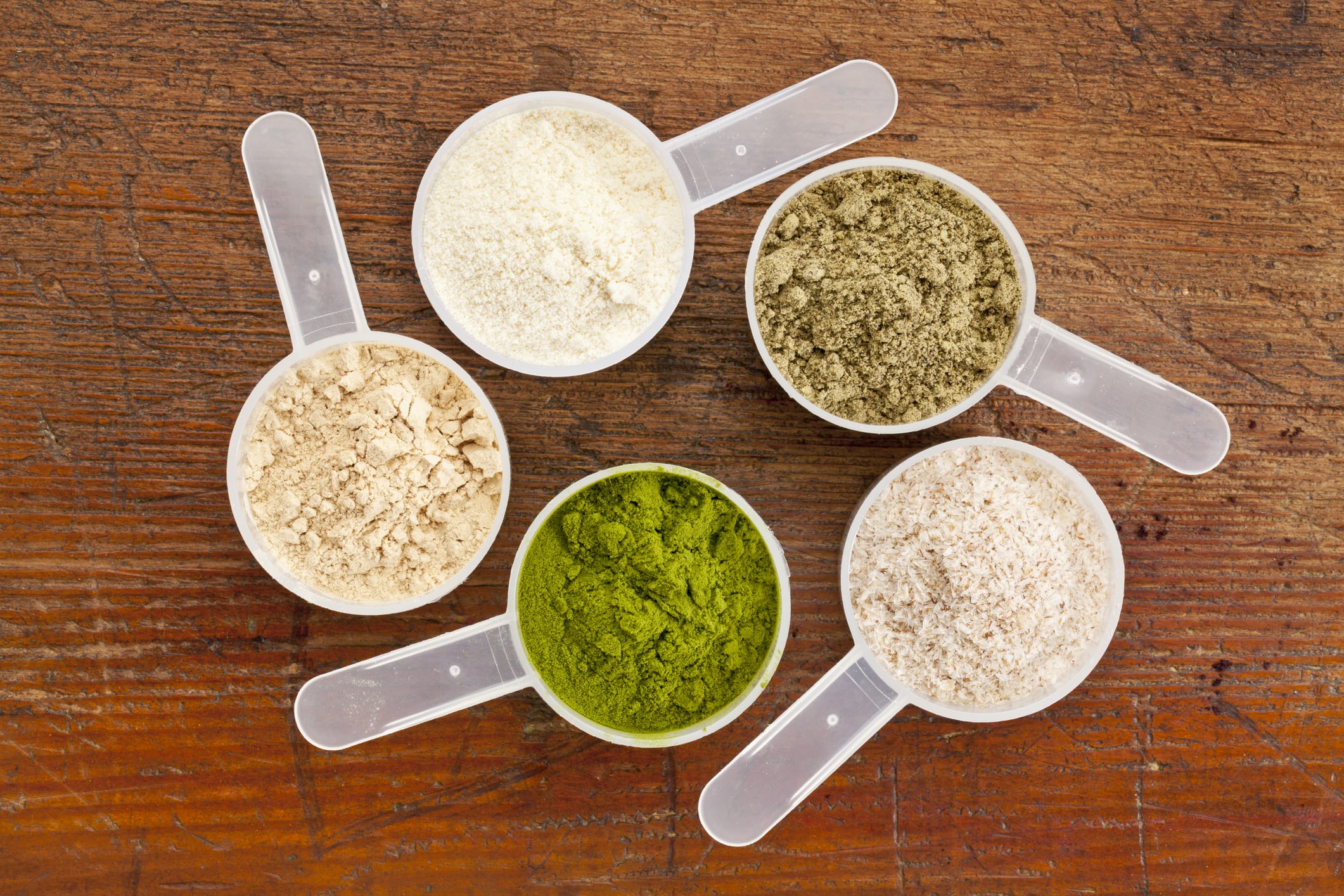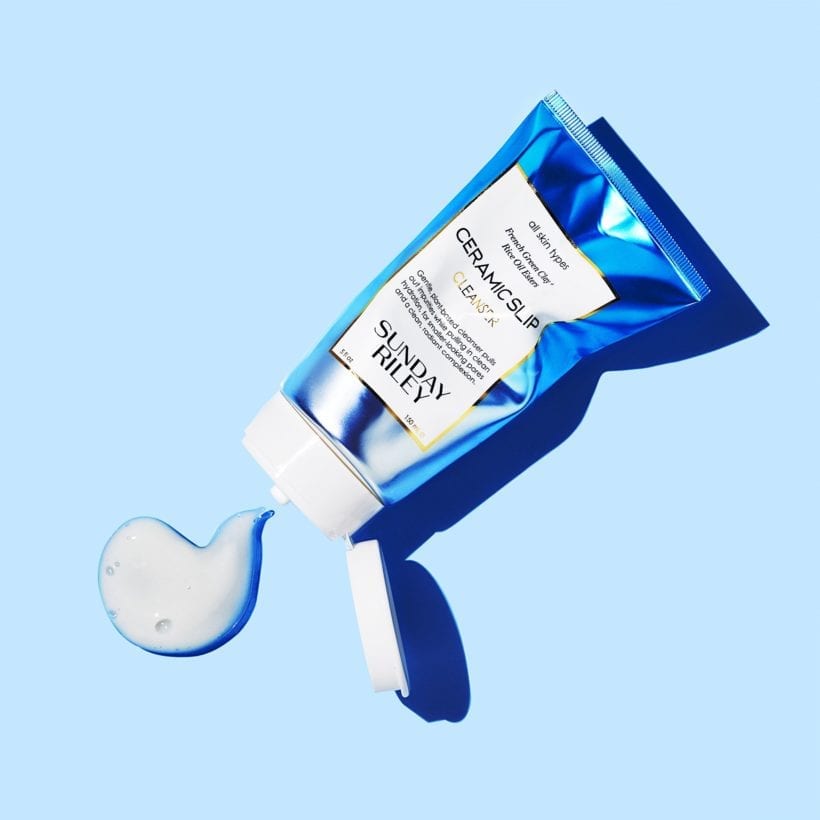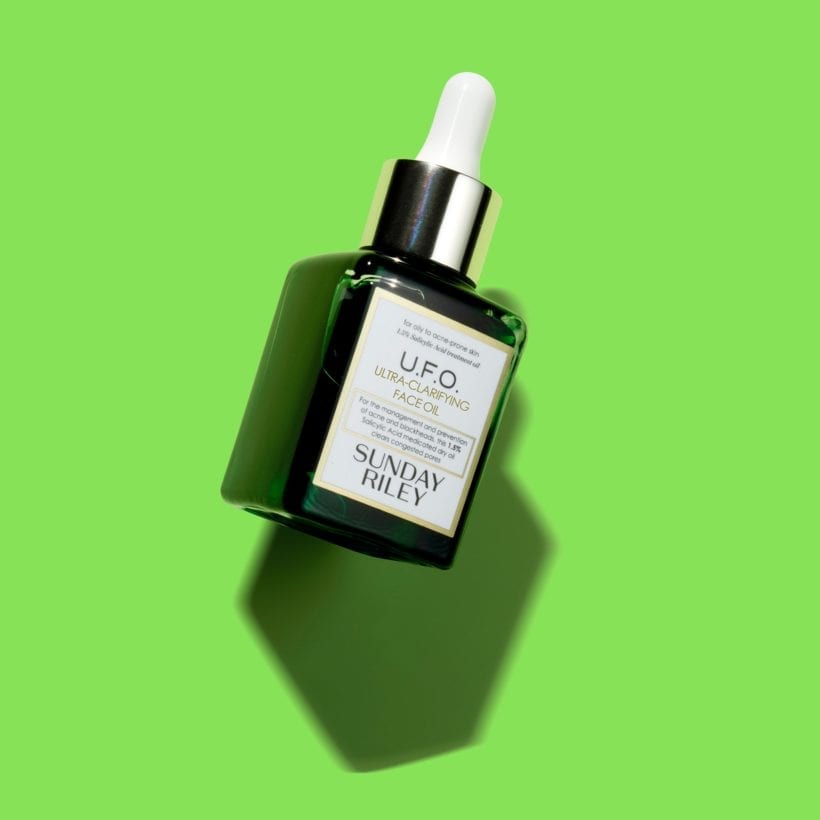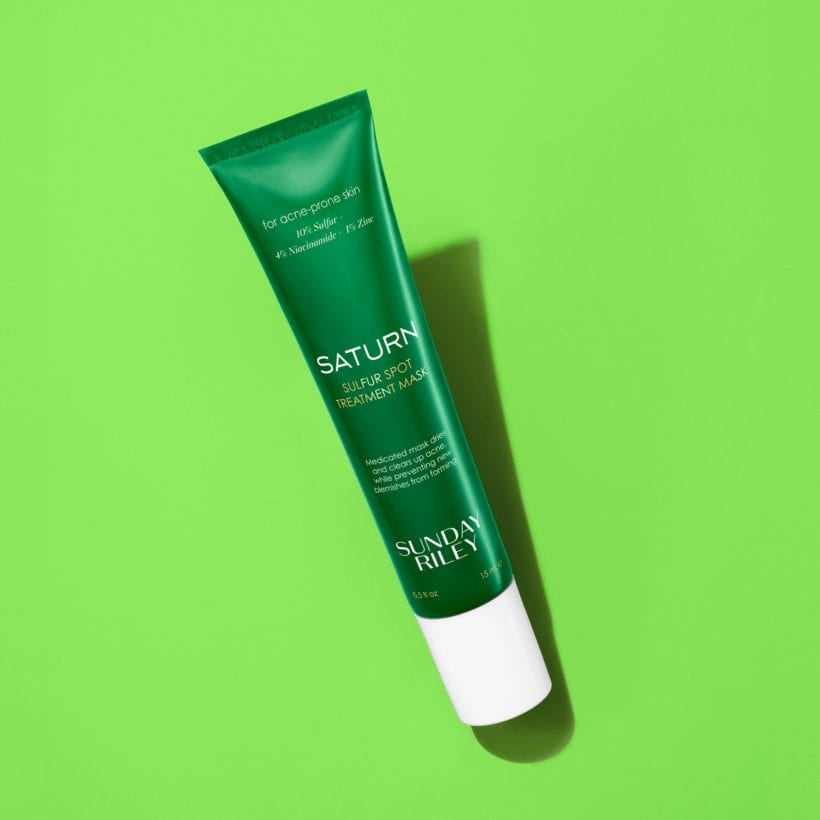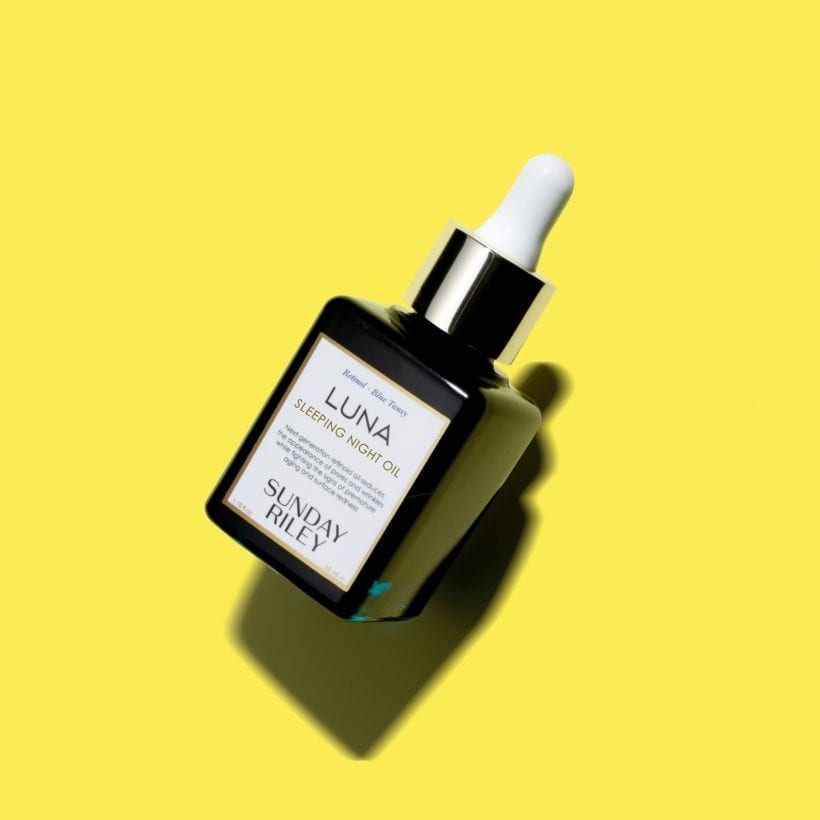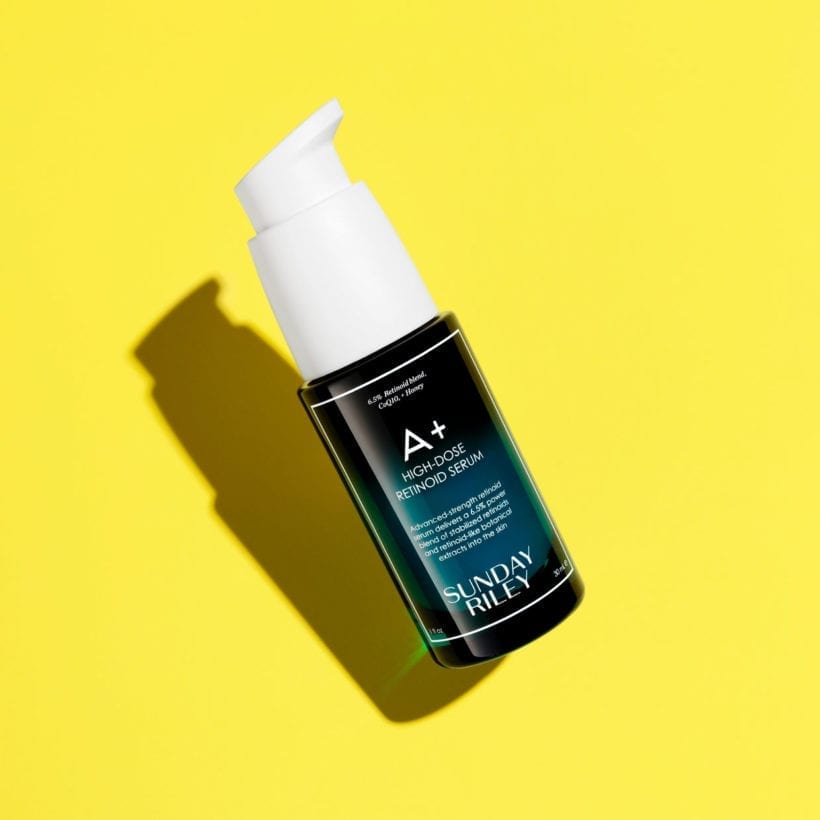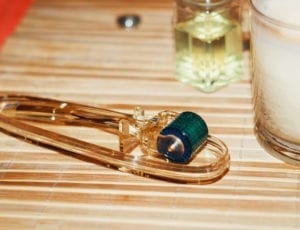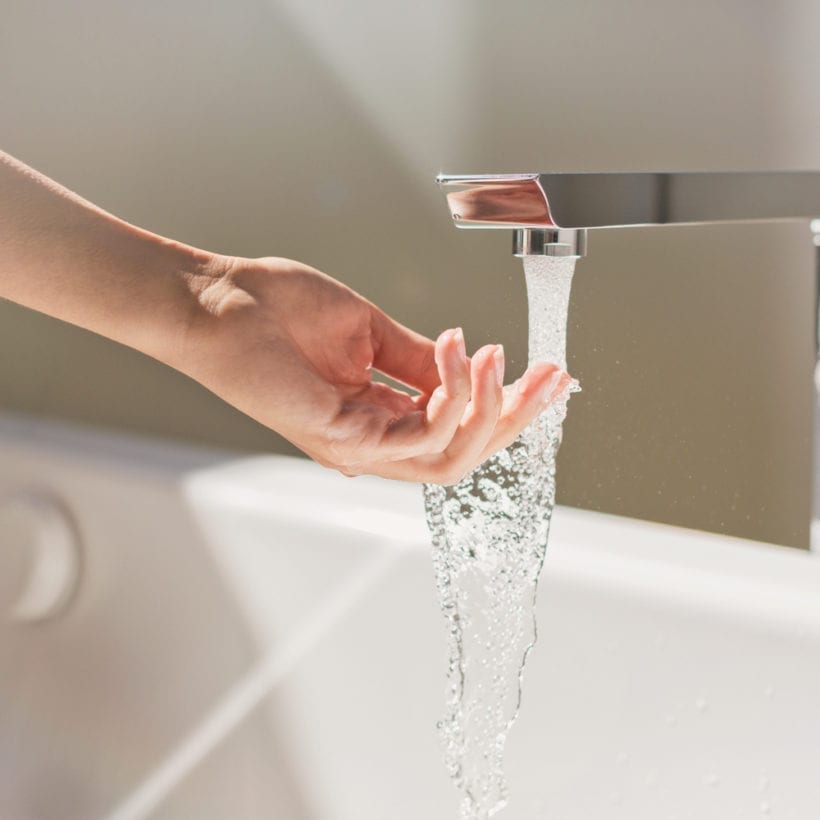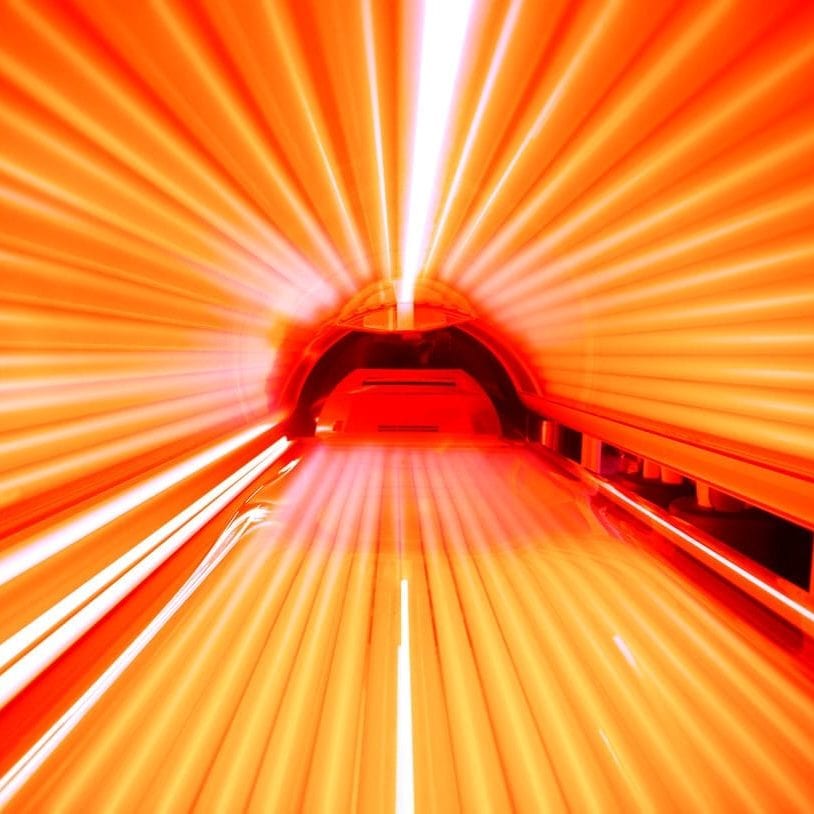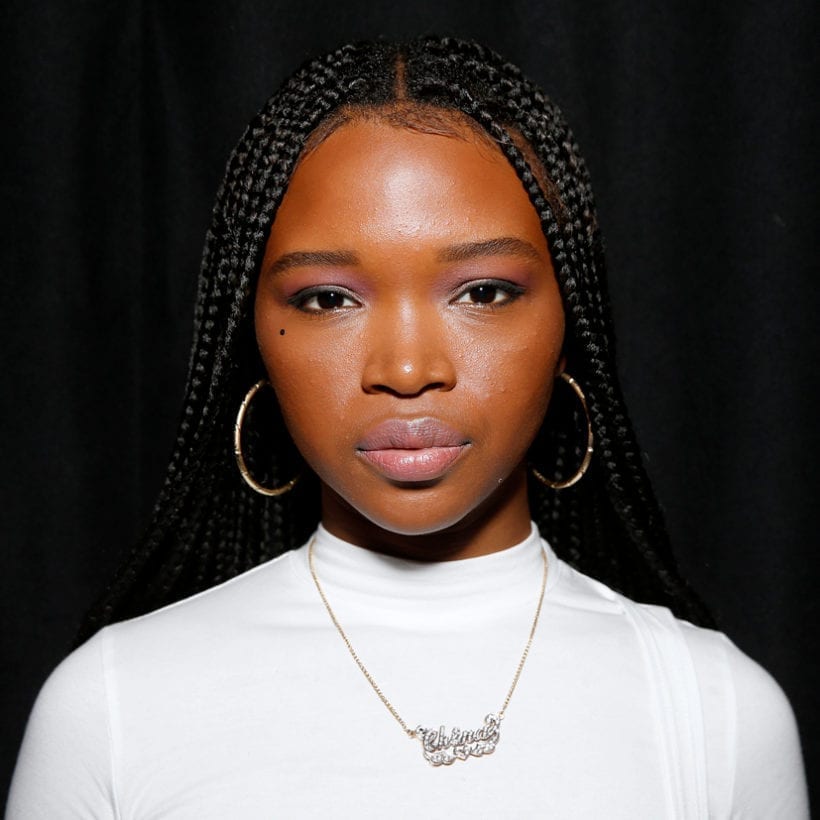When it comes to foods that cause acne, dairy has one of the worst reputations. If you’ve already switched to nut milk and vegan ice cream with no change in your complexion, check your protein powder — whey protein may cause acne.
Anyone that’s dealt with consistent breakouts has likely gone through the gamut of ingredients and treatments. We often reach for topicals to treat breakouts, and rightfully so — there’s plenty of research that suggests that ingredients like retinoids, sulfur, salicylic acid, and benzoyl peroxide can be extremely effective at treating mild to moderate acne. But if you’ve tried everything to no avail, your dermatologist might recommend looking at your dairy consumption. According to the American Academy of Dermatology Association, all types of cow’s milk have been linked to breakouts in studies.
Whey protein might not be on your radar as a source of dairy but it most definitely is: it’s made from the liquid part of milk and contains lactose. In other words, it may trigger breakouts.
To get some clarity on the relationship between whey protein and acne, we tapped board-certified dermatologist and Surface Deep founder Alicia Zalka, M.D., and board-certified dermatologist Hadley King, M.D., to explain everything you need to know about the purported link between whey protein supplements and breakouts.
Meet the Experts
Alicia Zalk, M.D., is a board-certified dermatologist and founder of Surface Deep.
Hadley King, M.D., is a board-certified dermatologist in New York.
What is whey protein?
Whey protein is a type of protein derived from a cheese byproduct called whey. It’s often formulated into powdered supplements ranging across the flavor spectrum (although you can also find whey protein in pre-packaged baked goods, desserts, and drinks). Whey protein is easily dissolvable in milk — dairy, oat, almond milk… you can take your pick — and water, so you can easily blend it up into a shake, bake it into your favorite brownie recipe, or even froth it up in your coffee to increase your daily protein intake.
What does whey have to do with acne?
If you’ve been dealing with breakouts for a while now, chances are you’ve heard the rumor that there may be a link between dairy consumption and inflammatory breakouts. And because whey is a byproduct of the cheese production process, it gets the same bad reputation.
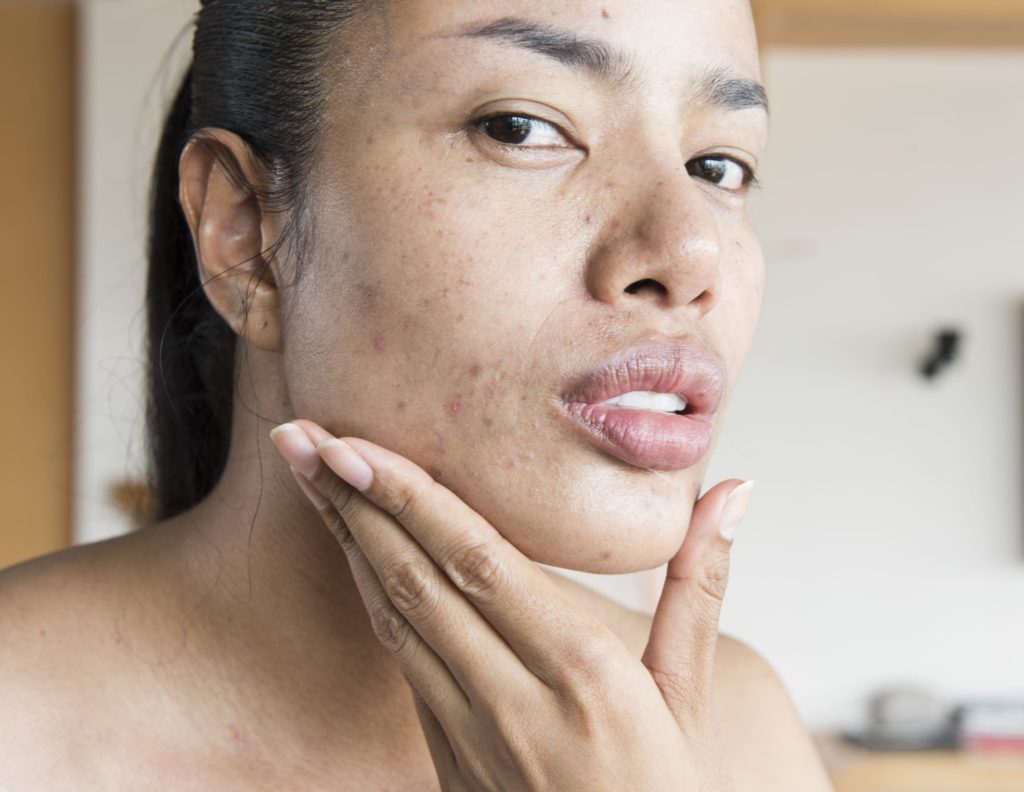
Whey protein contains lactose (just like milk and your favorite ice cream), which means it can have a similar less-than-desirable effect on the skin. Here’s the theory: Dairy products (including whey protein) can cause a spike in testosterone production, which can increase sebum production and clog your pores, which ultimately leads to breakouts. But just how accurate is this theory? “Studies suggest that people who consume dairy foods regularly (whole milk, skim milk, and cheese in particular) may be more prone to acne compared to those who do not consume dairy foods,” says Dr. Zalka. “Additionally, milk products may contain hormones that can also affect the skin.” The keyword here is may — more on that below.
So, does whey protein really cause acne?
Unfortunately, the answer here isn’t black and white. While certain studies have shown a link between whey protein supplements and breakouts, this theory has yet to be 100% proven. Researchers can’t definitively say whether protein shakes cause acne. “Before you accept whey protein causing breakouts as a hard and fast rule, be aware that acne is a multifactorial condition and has several interrelated causes — dairy intake alone is not the only culprit,” says Dr. Zalka. “Furthermore, research suggests that the acne/dairy connection can vary between countries, suggesting that some can tolerate dairy more than others based on nationality and heredity.”
If you’re lactose intolerant or otherwise sensitive to dairy, for example, it doesn’t mean you’re also more likely to get acne. Whether or not whey protein can trigger breakouts depends greatly on your genes. “We think that this is because dairy products promote insulin secretion and the production of hormones, such as IGF-1, which is known to be a major contributor to acne development,” explains Hadley King, M.D., a board-certified dermatologist in New York.
What you can do
If you’ve tried the most logical, evidence-based treatments for your acne — like avoiding comedogenic ingredients, using a gentle cleanser, and treating your skin with a retinoid — then quitting your whey supplements certainly can’t hurt. “The best approach is to avoid whey protein altogether if you suspect it is affecting your complexion,” says Dr. Zalka. Instead, try a vegan protein source, like soy protein or pea protein, which can give you just as much protein per dose, sans any dairy.
In the meantime, treat dairy-induced blemishes like you would any other acne: Use topical treatments containing benzoyl peroxide, salicylic acid and retinoids, and talk to your dermatologist about whether cortisone injections could be the best course of treatment for particularly inflamed lesions. “If necessary, systemic medications like doxycycline, spironolactone, or isotretinoin can be helpful,” says Dr. King.
The takeaway
Many dermatological studies have been conducted in an attempt to prove or disprove the link between whey protein and breakouts. The majority of these studies have found a link between the two, but the evidence isn’t strong enough to assert that the link is proven. In fact, many dermatologists — including Dr. Zalka — will tell you that the effects of dairy products like whey protein on the skin can vary significantly from person to person.
With that being said, if more evidence-based acne treatments haven’t been successful, it doesn’t hurt to take a good look at how your nutrition might be playing a role in the clarity of your complexion. Switching to a vegan protein powder is a great option — supplements like pea protein can provide the same grams of protein per serving, but with no dairy or cheese byproducts.
We only recommend products we have independently researched, tested, and loved. If you purchase a product found through our links, Sunday Edit may earn an affiliate commission.
